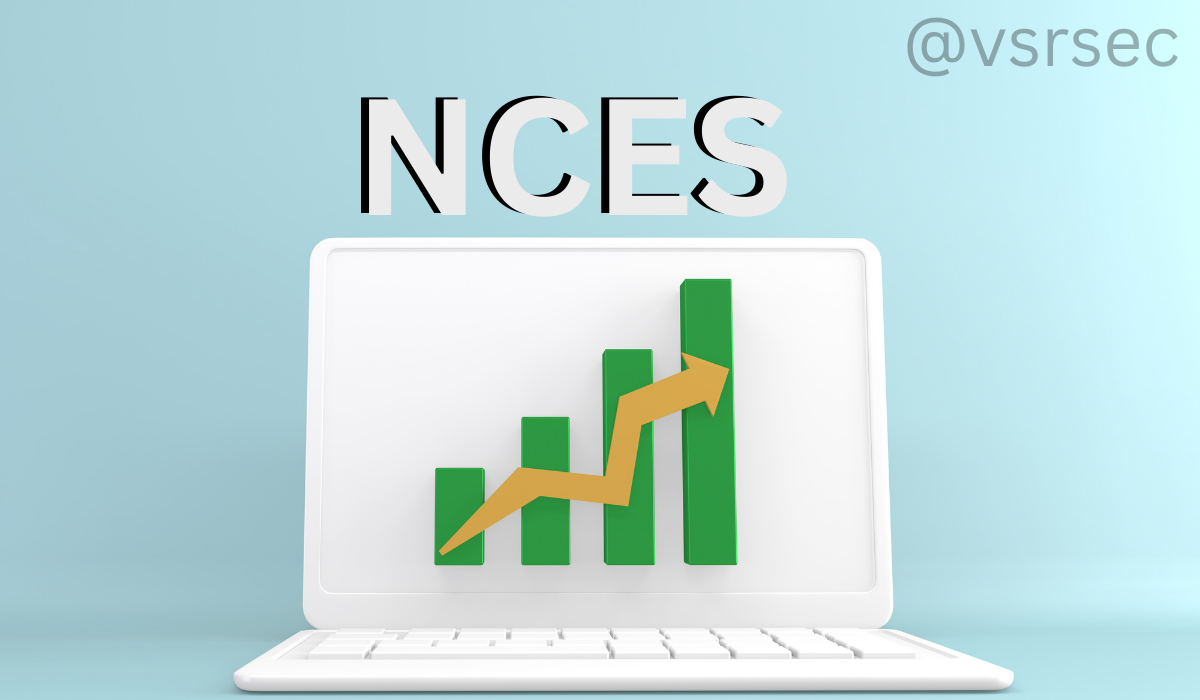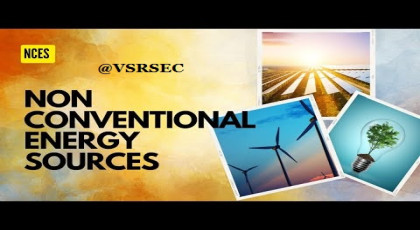FINANCIAL ANALYSIS AND FINANCIAL MANAGEMENT
Branch : GS






This course provides an in-depth understanding of non-conventional (renewable and alternative) energy sources that are critical to building a sustainable and energy-secure future. With growing global concern over environmental pollution, fossil fuel depletion, and climate change, the exploration and adoption of clean energy technologies have become essential.
Learners will explore various non-conventional energy systems, including solar, wind, biomass, geothermal, tidal, and hydrogen energy, along with hybrid systems. The course covers their working principles, system components, design basics, advantages, limitations, and real-world applications.
In addition to theoretical concepts, the course integrates case studies, global trends, government initiatives, and the role of non-conventional energy in India's energy strategy, equipping students with a strong foundation to contribute to the clean energy sector.
Introduction to energy scenario and need for alternative energy sources
Solar energy: photovoltaic (PV) and thermal systems
Wind energy: types, site selection, wind turbines, and generation
Biomass and biogas technologies: energy conversion, gasifiers, digesters
Geothermal and tidal energy systems
Hydrogen energy and fuel cells
Hybrid energy systems and smart grid integration
Environmental and economic aspects of renewable energy
Government policies, subsidies, and global case studies
Emerging trends and career opportunities in the renewable energy sector


Understand the global and national energy scenario and the need for sustainable and renewable energy solutions.
Explain the working principles, components, and characteristics of various non-conventional energy sources such as solar, wind, biomass, geothermal, tidal, and hydrogen energy.
Analyze and compare different renewable energy systems in terms of efficiency, feasibility, cost, and environmental impact.
Design basic configurations of solar PV, wind turbines, and biogas systems for small-scale and off-grid applications.
Assess site suitability and resource availability for different renewable energy installations.
Identify key challenges and limitations of each non-conventional energy technology.
Understand government policies, subsidies, and global initiatives supporting renewable energy development.
Explore hybrid energy systems and smart integration techniques with conventional grids.
Evaluate the environmental benefits and economic viability of implementing renewable energy projects.
Demonstrate awareness of career paths, entrepreneurship opportunities, and future trends in the renewable and sustainable energy sector.
0 Reviews
Review Course
For Review on Course. You need to Login first. Login Here